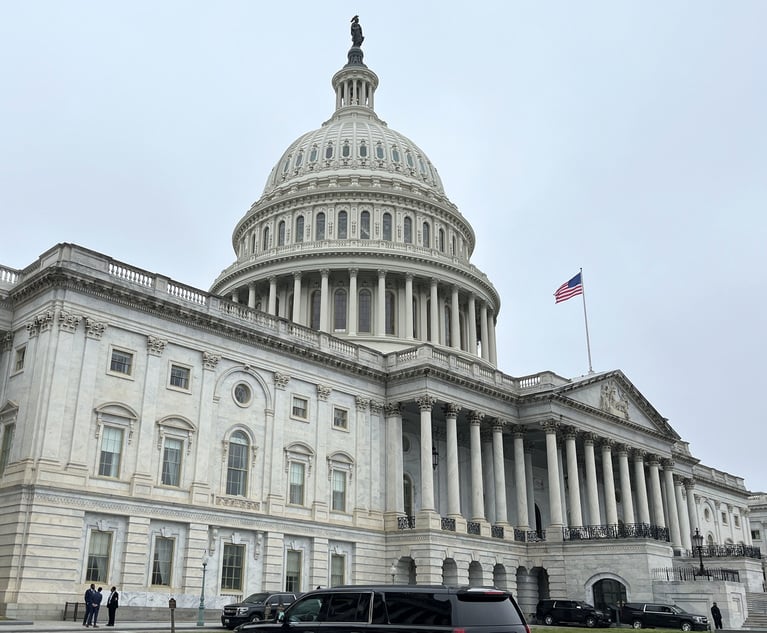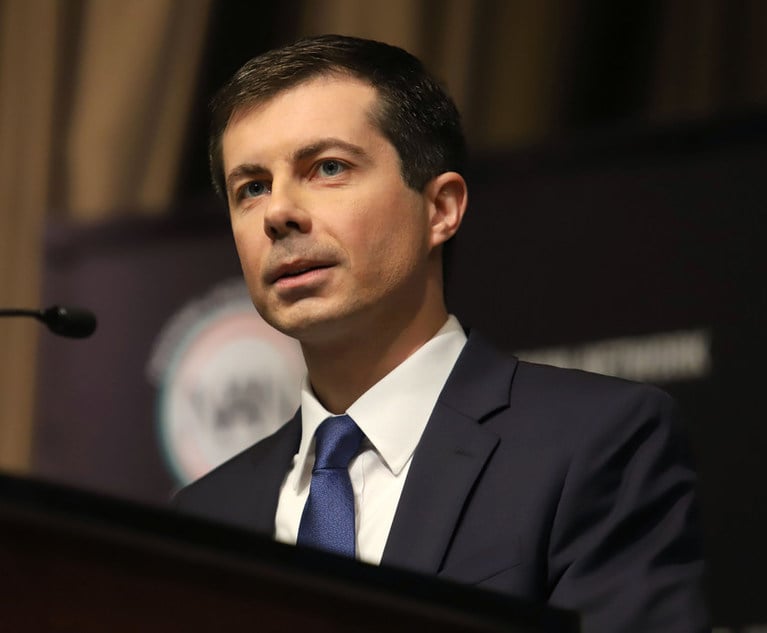On July 21, U.S. Attorney General Merrick Garland issued a formal memorandum promulgating new guidelines for communication between the Justice Department and the Executive Office of the President. The memo provides that, with few exceptions, the DOJ “will not advise the White House concerning pending … investigations or cases unless doing so is important for the performance of the president’s duties and appropriate from a law enforcement perspective.” In addition, any future communications with the White House must be channeled through the attorney general or the deputy attorney general.
The purpose of these requirements, Garland noted, is to insulate line prosecutors and investigators from “inappropriate influences,” including partisan politics. To emphasize the point, the memo also prohibits the consideration of “actual or perceived political affiliation” in personnel decisions for career DOJ employees.


 U.S. Department of Justice building in Washington, D.C. Photo: Diego M. Radzinschi/ALM
U.S. Department of Justice building in Washington, D.C. Photo: Diego M. Radzinschi/ALM





